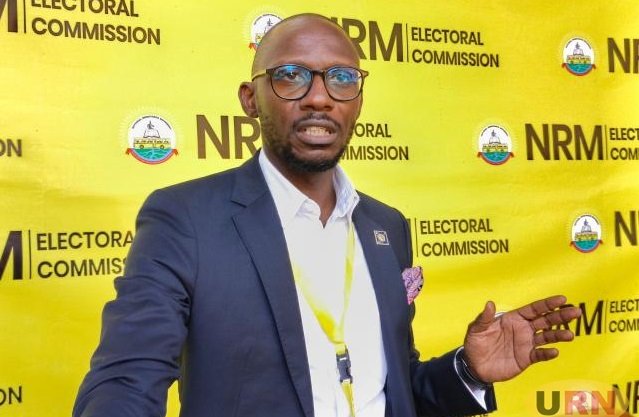As Uganda prepares for the 2026 general elections, the ruling National Resistance Movement (NRM) has issued a strict set of campaign guidelines to ensure party discipline and compliance with electoral laws.
The directive, issued this week by NRM’s Director of Legal Services, Enoch Barata, spells out clear rules of conduct for all party flag bearers. The move is intended to safeguard the party’s reputation, prevent electoral offenses, and avert disqualification of candidates.
“Candidates must strictly observe the electoral laws and abide by the Electoral Commission’s campaign regulations,” Barata emphasized.
The guidelines set a zero-tolerance policy for hate speech, incitement, defamatory remarks, or inflammatory statements that could lead to public unrest, violence, or threats to national security. Candidates are urged to campaign peacefully, respect differing views, and promote the NRM manifesto with dignity.
Bribery, Alcohol, and Sectarianism Prohibited
The directive bans the provision of alcohol at campaign activities, though candidates may serve light refreshments during private planning meetings. More importantly, gift-giving in any form—money or goods—is outlawed, as it may constitute voter bribery, which is a criminal offense under Ugandan electoral law.
Candidates are further barred from soliciting or receiving inducements, holding fundraising drives in schools or places of worship, or distributing items to congregations.
False or reckless claims against rivals—whether about their personal life, health, or candidacy status—are prohibited, as are actions such as disrupting opponents’ rallies or spreading misinformation through speeches, writings, songs, or social media.
Polling Day and Use of Resources
On polling day, candidates are restricted from unauthorized activities such as public gatherings of more than 12 people, chanting slogans, distributing campaign materials, or engaging in singing, dancing, and alcohol sales near polling stations.
The circular also bans the destruction of opponents’ posters, the use of sectarian rhetoric, or the exploitation of religious and tribal symbols for political gain. Candidates are warned against misusing government resources for campaigns unless legally permitted.
With increased political competition and scrutiny from civil society and international observers, the NRM’s tightened code of conduct signals a bid to maintain internal cohesion and credibility as the 2026 elections draw closer.

















